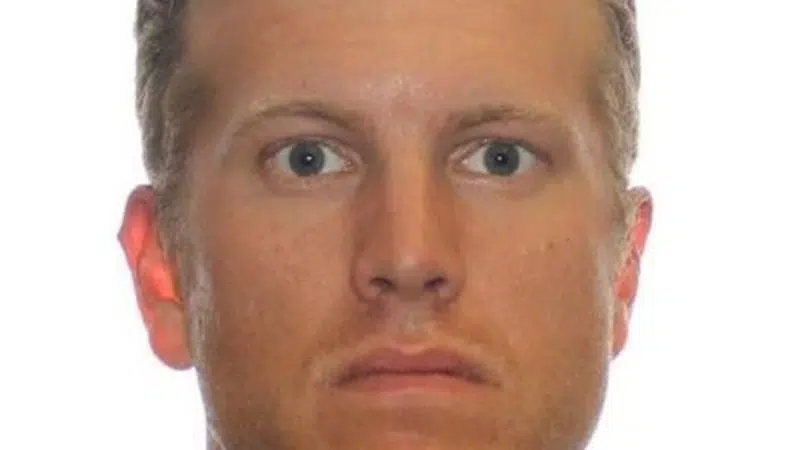
RCMP, feds pressed to find missing reservist with alleged links to neo-Nazis
OTTAWA — A Manitoba army reservist accused of being a neo-Nazi remains unaccounted for two months after he was first reported missing, sparking concerns the police and military are not treating the case with the requisite urgency.
Master Cpl. Patrik Mathews, a combat engineer with the 38 Canadian Brigade Group in Winnipeg, disappeared at the end of August as he was being fast-tracked out of the military for his alleged links to a right-wing extremist group.
His truck was found abandoned on a rural property in Piney, in southern Manitoba near the U.S. border, prompting speculation the 26-year-old had entered the United States.
At the time he disappeared, Mathews was being investigated by military-intelligence officers for his alleged ties to the extremist group while the RCMP were reportedly conducting their own investigation.
